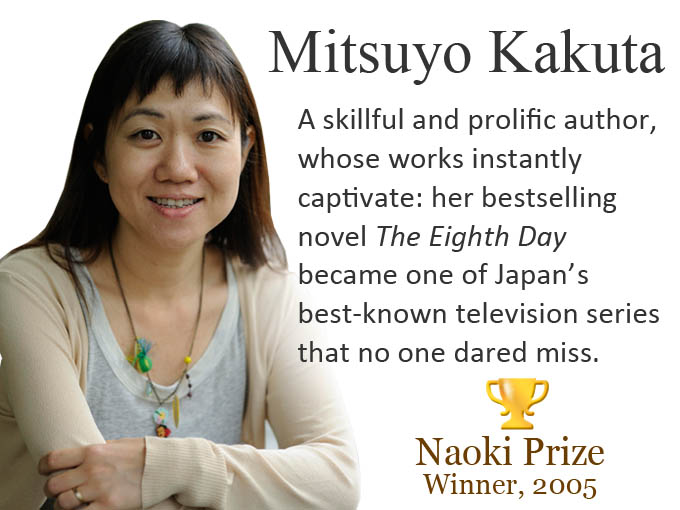Her success, especially her 1992 novel Kasha (All She Was Worth) about loan sharks, debt and the risks of a cashless society, as well as the success of similar books written by non-Japanese female authors published in translation in Japan encouraged a new generation of Japanese women to try their hand at the genre.
Some went on to enjoy major success and something of a publishing boom developed in Miyabe’s wake. Such authors as Natsuo Karino and Kaoru Takamura whose profiles are now growing outside Japan.
Karino’s prize-winning 1997 novel Out (アウト) has been described as a “dark, feminist, horror and probably not like anything you’ve read”. The book is about a group of women working together at a factory who find themselves coming together to cover up a murder, but not everyone “handles the guilt well”. Other notable and successful Japanese female crime fiction authors include: Asa Nonami and Yoshiki Shibata.
Interestingly, crime fiction written in the 90s by women in the US and the UK also saw a similar surge in popularity.
Though there have always been female writers of whodunits finding success in translation; Agatha Christie (1890-1976) being perhaps the best known, Japanese media has tended to play up the authors’ gender to promote the books by using titles like the crime fiction “Queen”, or “Princess”, or some such moniker.
As the trend evolved and gained momentum, names of strong female characters started appearing in the narratives themselves and not just on the covers of the books. Books like Out would feature female detectives and criminals, as well as dark, grisly stories whose narratives included violence done by and to women.
As their writing careers have progressed some of these Japanese authors have followed Miyabe’s example by branching out into other genres including science fiction and historical fiction.
The phenomena, like other Japanese popular culture trends, has even created an opportunity for academic study with the publication of such papers as Woman uncovered: pornography and power in the detective fiction of Kirino Natsuo; and monographs such as Bodies of Evidence: Women Society, and Detective Fiction in 1990s Japan.
© Red Circle Authors Limited

